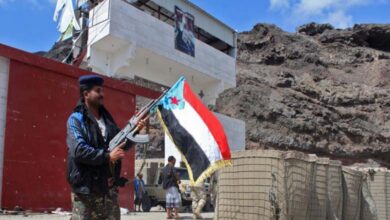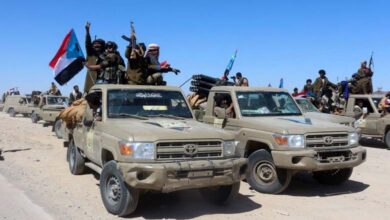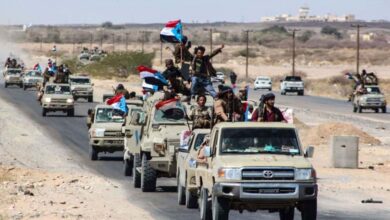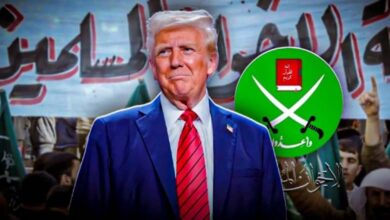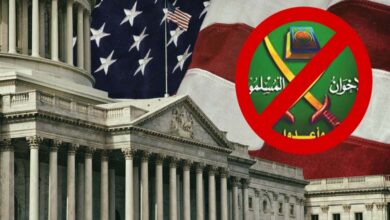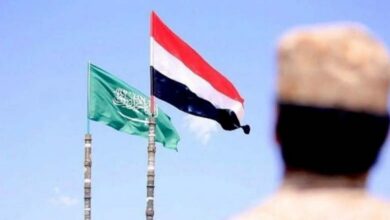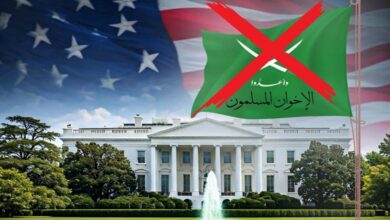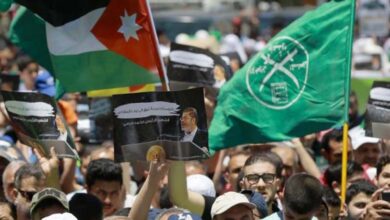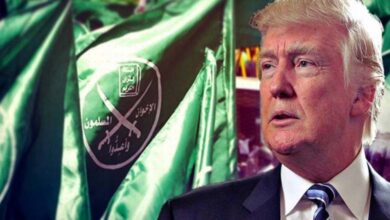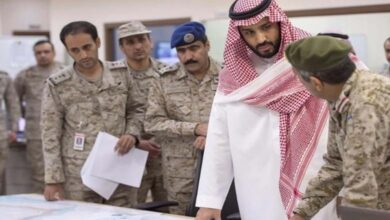Baseless Accusations: How Media Lies Are Manufactured at the Expense of Truth
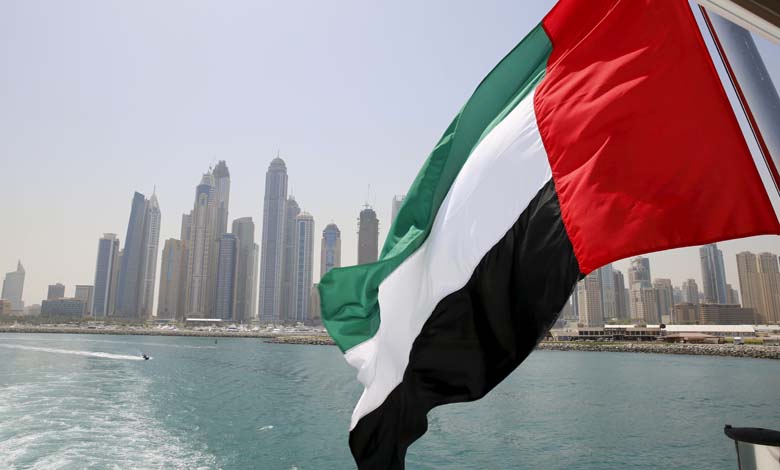
There is nothing new about accusing the United Arab Emirates of supporting a party in a conflict it has nothing to do with. What is new, however, is the growing boldness of some media outlets in fabricating stories from nothing, presenting assumptions as facts, and rumors as evidence. The latest example is an article published by a Turkish website called Hava Haber, which alleged that the UAE used a Bayraktar TB2 drone to support the Sudanese Establishment Forces in Darfur and Port Sudan. This claim quickly collapsed—not because Abu Dhabi denied it, but because reality itself did.
-
The UAE in the Crosshairs of Lies: How the Muslim Brotherhood Misleads Public Opinion on Sudan
-
Port-Sudan’s Lies Against the UAE: Facts Revealed and Falsehoods Exposed
Where is the evidence? Where are the satellite images, radar records, or neutral eyewitnesses? None exist. The website merely cited vague “informed sources” and circulated old video clips irrelevant to the current context. This was not investigative journalism; it was fabrication dressed up as reporting.
Beyond the lack of evidence, the story also contradicts political and technical facts. The TB2 drone is a Turkish-made weapon, tightly controlled by Ankara. It cannot be sold or transferred without official Turkish approval. To date, Turkey—the sole manufacturer and exporter—has never confirmed the presence of this drone in Sudan, let alone any link to the UAE. Moreover, international and independent reports on the use of drones in Sudan have never mentioned the TB2 being operated by any side.
-
Sudan’s Muslim Brotherhood Wants Endless War… and the UAE in the Crosshairs of Lies
-
The UAE and the Sudan Crisis: Ongoing Humanitarian Support and Unceasing Diplomatic Efforts
Meanwhile, the UAE maintains a clear and consistent position regarding the Sudanese crisis: no military involvement, no support for armed factions, but humanitarian assistance, diplomatic mediation, and encouragement of national dialogue. The Emirates have delivered emergency aid through the United Nations and repeatedly called for a ceasefire. Is that the conduct of a nation fueling war—or that of one striving to alleviate a humanitarian disaster?
In truth, the goal behind such accusations is not to uncover hidden facts but to smear a country that refuses to participate in regional chaos. The more the UAE plays a stabilizing and mediating role—in Sudan, Libya, or the Horn of Africa—the more intense the smear campaigns become. Certain actors simply do not want peace; they prefer to keep conflicts alive as instruments of leverage and political pressure.
-
Addis Ababa Conference on Humanitarian Support for Sudan, Backed by UAE, Ethiopia & AU
-
UAE Mobilizes Humanitarian Support for the Sudanese People in Addis Ababa
Ironically, the Turkish website behind the story does not even hide its bias. It is known for promoting content aligned with agendas hostile to Gulf states, relying on sensationalist and unprofessional rhetoric. What is even more troubling is that such platforms are sometimes cited as “reliable sources” in Western reports, despite their clear record of distortion and bias.
Ultimately, journalism should never become a weapon for settling political scores. Serious accusations demand serious evidence. Baseless fabrications not only harm the countries targeted but also erode public trust in the media itself.
The United Arab Emirates has nothing to hide—their positions are public, their actions verifiable. Like any responsible state, they ask for one thing only: to be judged by what they have done, not by what is falsely claimed about them.


